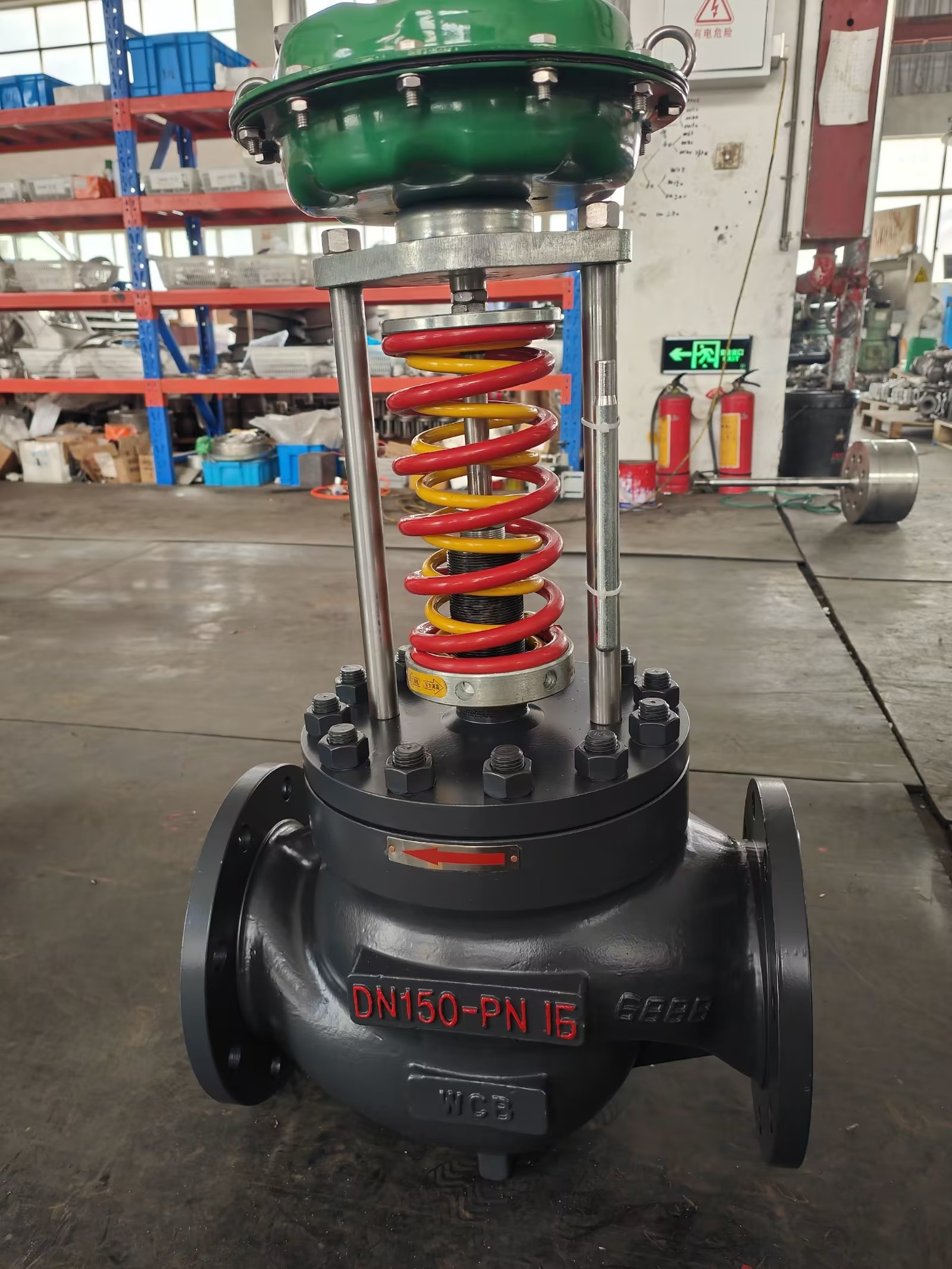oil ball valve
Understanding Oil Ball Valves A Comprehensive Guide
Ball valves are critical components in various industrial applications, particularly in the oil and gas sector. Among the various types of valves available, the oil ball valve stands out due to its versatility, reliability, and efficiency in controlling the flow of liquids and gases. This article delves into the design, functionality, advantages, and applications of oil ball valves, making it an essential read for professionals in the field.
Design and Construction of Oil Ball Valves
An oil ball valve consists of a spherical disc, or ball, with a hole through its center. When the valve is opened, the hole aligns with the flow direction, allowing fluid to pass through. When the valve is closed, the ball rotates 90 degrees, blocking the flow. This simple yet effective design provides a tight seal, which is critical in preventing leaks and ensuring safety in oil-related applications.
Most oil ball valves are made from durable materials such as stainless steel, brass, or carbon steel, which can withstand the high pressures and corrosive nature of oil. The choice of material often depends on the specific application requirements, including temperature, pressure, and the type of fluid being transported.
Functionality and Operation
Oil ball valves are typically operated manually or by an actuator. Manual operation involves a lever or handle that controls the valve's position, while actuator-driven valves can be powered electrically, pneumatically, or hydraulically. This flexibility allows for various operational setups, from simple manual controls to sophisticated automated systems.
The seat design within the valve also plays a crucial role in its functionality. It ensures that when the valve is closed, there is minimal to no leakage. Many oil ball valves feature a soft seat made from materials like PTFE (polytetrafluoroethylene) or other elastomers, which provide excellent sealing properties and resistance to wear.
Advantages of Oil Ball Valves
1. Durability One of the primary benefits of oil ball valves is their long lifespan. They are designed to withstand harsh conditions commonly found in the oil industry, including high pressure and extreme temperatures.
oil ball valve

2. Tight Seal The mechanism of a ball valve allows for a very tight seal, minimizing the risk of leaks, which is paramount in oil applications to prevent environmental hazards and ensure operational safety.
3. Quick Operation Ball valves can be opened or closed quickly, requiring only a quarter-turn of the handle. This quick operation reduces downtime during maintenance or emergencies.
4. Versatility Oil ball valves can be used in various applications, including upstream (exploration and extraction), midstream (transportation), and downstream (refining and distribution) sectors of the oil industry.
5. Low Flow Resistance When fully open, ball valves offer minimal flow resistance, making them an efficient choice for transporting oil and other fluids.
Applications of Oil Ball Valves
Oil ball valves are widely used in the oil and gas industry. They find applications in areas such as pipeline transport, refining processes, and storage facilities. Their ability to handle both high-pressure and high-temperature environments makes them suitable for upstream drilling operations and downstream processing units.
In addition to the oil sector, ball valves are also employed in water treatment plants, chemical processing, and HVAC systems. They are essential in any application where durability, a tight seal, and quick operation are required.
Conclusion
In summary, oil ball valves are indispensable in managing the flow of liquids and gases in the oil and gas industry. Their robust design, efficiency, and reliability make them the valve of choice for many applications. Understanding their construction, functionality, and benefits can help professionals make informed decisions when selecting valves for their specific needs. As the industry continues to evolve, the importance of high-quality components like oil ball valves will remain a critical factor in ensuring safe and efficient operations in the energy sector.
-
The Key to Fluid Control: Exploring the Advantages of Ball Valves in Industrial SystemsNewsJul.09,2025
-
The Versatile World of 1, 2, and 3 Piece Ball ValvesNewsJul.09,2025
-
Stainless Steel Ball Valves: The Ideal Choice for Efficient Flow ControlNewsJul.09,2025
-
Optimizing Fluid Control with Ball Float ValvesNewsJul.09,2025
-
Manual Gate Valves: Essential for Control and EfficiencyNewsJul.09,2025
-
Everything You Need to Know About Butterfly ValvesNewsJul.09,2025
-
The Versatility of Wafer Type Butterfly ValvesNewsJul.08,2025




